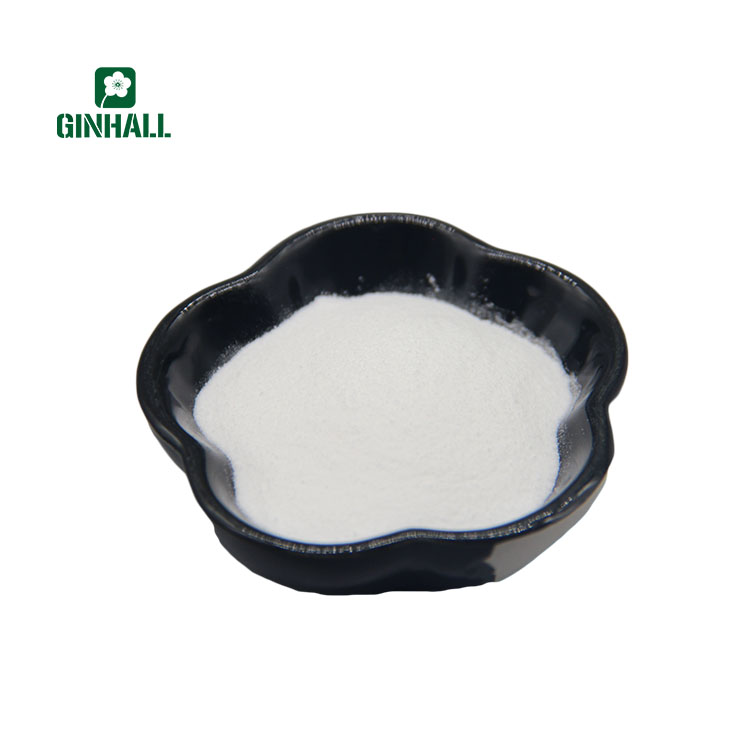




L-Carnosine (beta-alanyl-L-histidine) is a dipeptide of the amino acids beta-alanine and histidine. It is highly concentrated in muscle and brain tissues.
l-Carnosine and carnitine were discovered by Russian chemist V.Gulevich.Researchers in Britain, South Korea, Russia, and other countries have shown that carnosine has a number of antioxidant properties that may be beneficial. Carnosine has been proven to scavenge reactive oxygen species (ROS) as well as alpha-beta unsaturated aldehydes formed from peroxidation of cell membrane fatty acids during oxidative stress. Carnosine is also a zwitterion, a neutral molecule with a positive and negative end.
Like carnitine, carnosine is composed of the root word carn, meaning flesh, alluding to its prevalence in animal protein. A vegetarian (especially vegan) diet is deficient in adequate carnosine, compared to levels found in a standard diet.
Carnosine can chelate divalent metal ions.
l- Carnosine can increase the Hayflick limit in human fibroblasts, as well as appearing to reduce the telomere shortening rate.
Carnosine is also considered a neuroprotector.

Product name: L-carnosine, carnosine
Specification: 98%
Appearance: White powder
Package: Foil Bag/ Fiber Drum
Delivery Time: 3-5 Working Days
Shelf Time: 2 year
Storage: Keep from moisture and heat strictly but in a cool and dry place
Grade: Cosmetic grade
1.protects epithelial cell membranes in the stomach and restores them to their normal metabolism;
2. acts as an antioxidant and protects the stomach from alcohol and smoking-induced damage;
3 has anti-inflammatory properties and moderates production of interleukin-8;
4. adheres to ulcerations, acts as a barrier between them and stomach acids, and helps to heal them;
5. inhibits the activity of Helicobacter pylori bacteria;
6. does not interfere with the production of prostaglandins essential to the mucosal lining of the stomach;
7.strengthens these mucosal linings and stimulates the production of protective mucous.
1. protects epithelial cell membranes in the stomach and restores them to their normal metabolism;
2. acts as an antioxidant and protects the stomach from alcohol and smoking-induced damage;
3 has anti-inflammatory properties and moderates production of interleukin-8;
4. adheres to ulcerations, acts as a barrier between them and stomach acids, and helps to heal them.